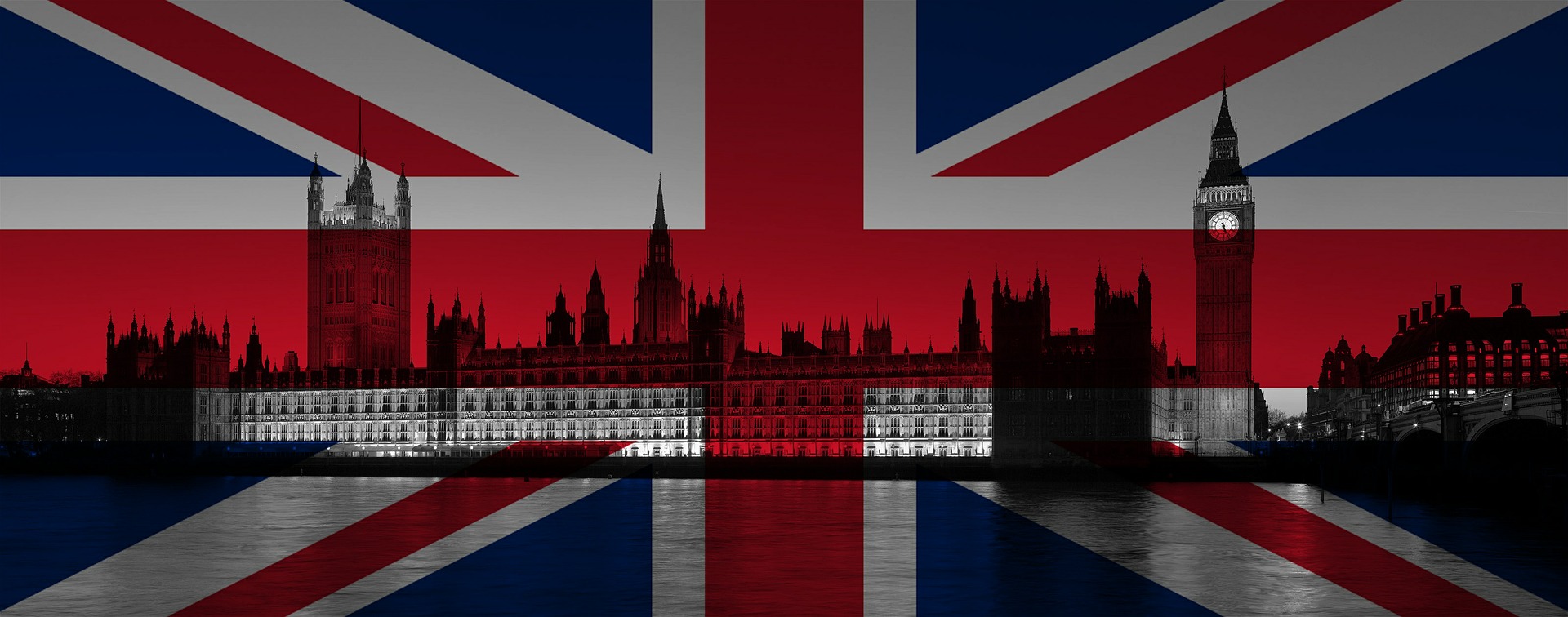The nation’s favourite former Prime Minister, Tony Blair, this week took a well-earned rest from cashing in on his premiership and speculated that his former party was beyond rescuing from the neo-Marxist cult that now runs it. Such observations from a man who won three elections as Labour leader inevitably led to a discussion about the creation of a new centrist party.
The creation of such a party is something of a media fixation. The idea is that disaffected Blairites would align with Liberal Democrats and a small group of remain supporting Tory MPs, including Anna Soubry and Dominic Grieve, to form a liberal, centrist party opposed to Brexit. Such a party would be doomed and for a variety of reasons. The most obvious reason for this is that a centrist party already exists. The Liberal Democrats fought the 2017 election on an unapologetically anti-Brexit platform. They barely improved on their calamitous 2015 result, returning a mere 12 MPs and less than 8% of the vote. Former Deputy Prime Minister Nick Clegg lost his seat. If there was a large constituency in the electorate for a centre or centre-left party that opposed Brexit, the Lib Dems would surely have done better.
The idea of a new centrist party might be popular among the political classes and the media, but it is by contrast deeply unpopular with the public. Fashionable though it may be to claim that views of social and economic liberalism are underrepresented by modern politics, the majority of the electorate claim that this is simply not the case. One recent YouGov survey assessed which views were widely held by the public but were underrepresented by political parties. The top two were “the justice system is not harsh enough” and “immigration restrictions should be tighter”. Extending to the top five included “government should regulate big business more”, “the benefits system is too generous, and that Britain should countenance fewer foreign military interventions. None of the above views would be represented by the new centre party upon which some seem to be hanging their hopes.
The politicians linked to such a movement have relatively little uniting them beyond their opposition to Brexit. Central as the issue is at present, a new party cannot exist solely to be against something. It would have to find a set of policies to be in favour of rather than oppose, and here it would be difficult to reconcile political differences between major players. More important still is the fact that all the MPs in question are tribally loyal to their parties. These are parties that, in many cases, they have been part of for many years. For many, it would make more sense to stay and fight their corner rather than take the leap of faith required to join a new party. This is particularly true of the centre-left Labour MPs who would be required to desert Labour should this new party have any chance of success.
In short, it is difficult to see how a new centrist party would emerge. Even were it to do so, such a party would be out of step with the true centre ground of modern politics.
Alex Passingham

